Starting a commercial construction project is a big step for any business owner. Whether you’re opening a new storefront, expanding your operations, or building a facility from the ground up, the process involves more than blueprints and bricks. In our work across Wisconsin, we’ve seen firsthand how proper planning and knowing what to expect can make all the difference in a successful build.
Here’s what every business owner should know before breaking ground on a commercial construction project.
1. Start with a Clear Vision and Purpose
Before any concrete is poured or permits are filed, you need a clear idea of what you’re building and why. Ask yourself:
- What are the specific goals of this space?
- How will it serve your staff, customers, or operations?
- What are the must-haves vs. nice-to-haves?
A clear vision helps guide decisions throughout the process—from site selection to layout design—and keeps the project aligned with your business objectives.
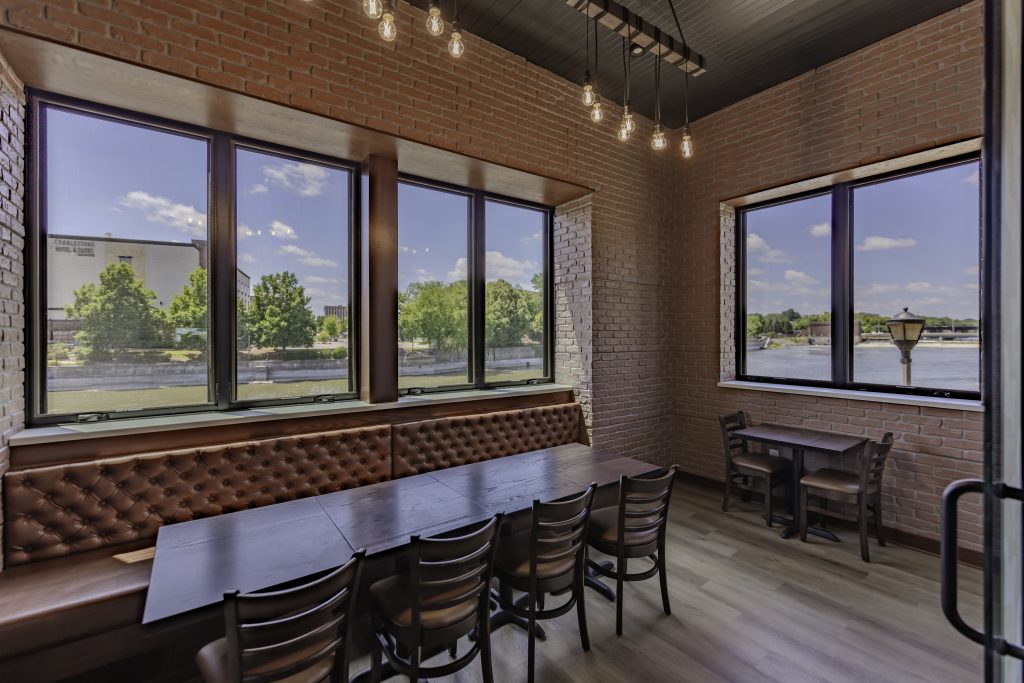
Jack & Jenny’s Restaurant – Janesville, WI
2. Know Your Budget – and Your Boundaries
It’s easy for costs to creep up during a commercial build. That’s why having a well-defined and realistic budget from the start is key. Factor in more than just construction costs, include:
- Site preparation
- Permits and fees
- Utility hookups
- Furnishings and equipment
- A contingency (typically 10–15%) for unexpected expenses
Working with a reputable contractor who understands the local market can help you get accurate estimates and avoid financial surprises.
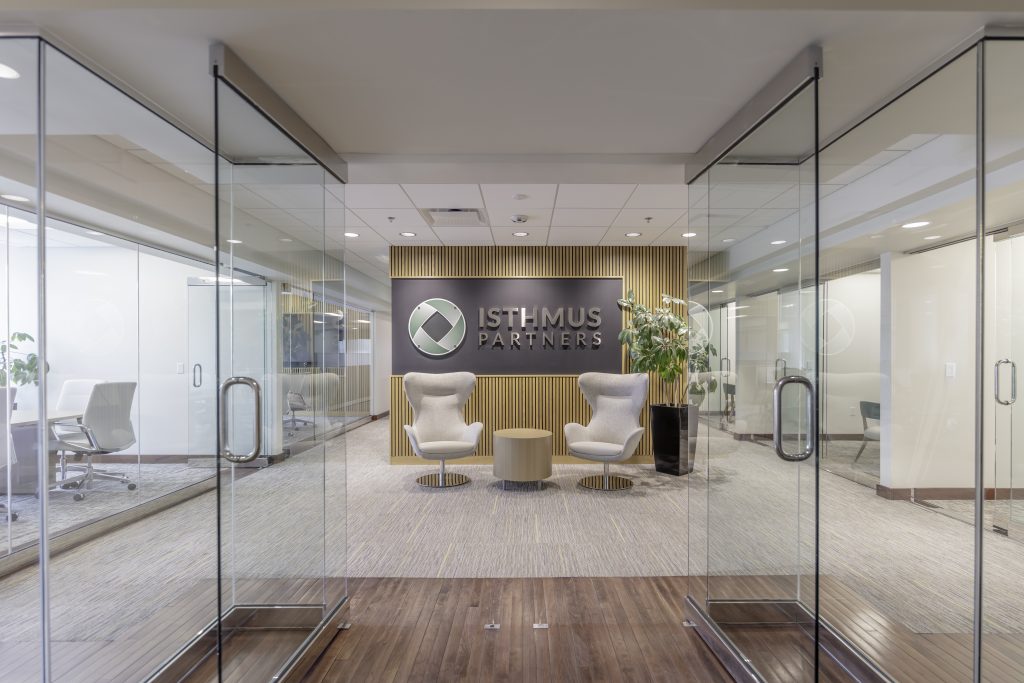
Isthmus Partners – Madison, WI
3. Choose the Right Team
Who you hire will shape your experience—and your final result. For a commercial build, you typically need:
- A general contractor/construction manager to advise and construct the project
- An architect or design firm
- Engineers (civil, structural, MEP)
Look for professionals with experience in commercial projects, a solid reputation, and a strong understanding of local codes and regulations. A trustworthy, communicative team will make the process smoother from start to finish. Additionally, there are many benefits to bringing on a general contractor / construction manager early on in the project, including:
- Accurate cost estimating – accurate estimates can be put together at different points of design to eliminate the need for cost savings ideas if the project is over budget.
- Value engineering – a general contractor can bring ideas of alternate materials and/or construction methods that can save the project money, which can be incorporated into the final design in its beginning stages.
- Access to competitive pricing – contractors have strong relationships with subcontractors and suppliers that they can leverage to secure competitive pricing on materials and labor.
- Avoid costly changes – a good contractor can help identify and solve potential construction issues prior to the start of construction, saving time and money.
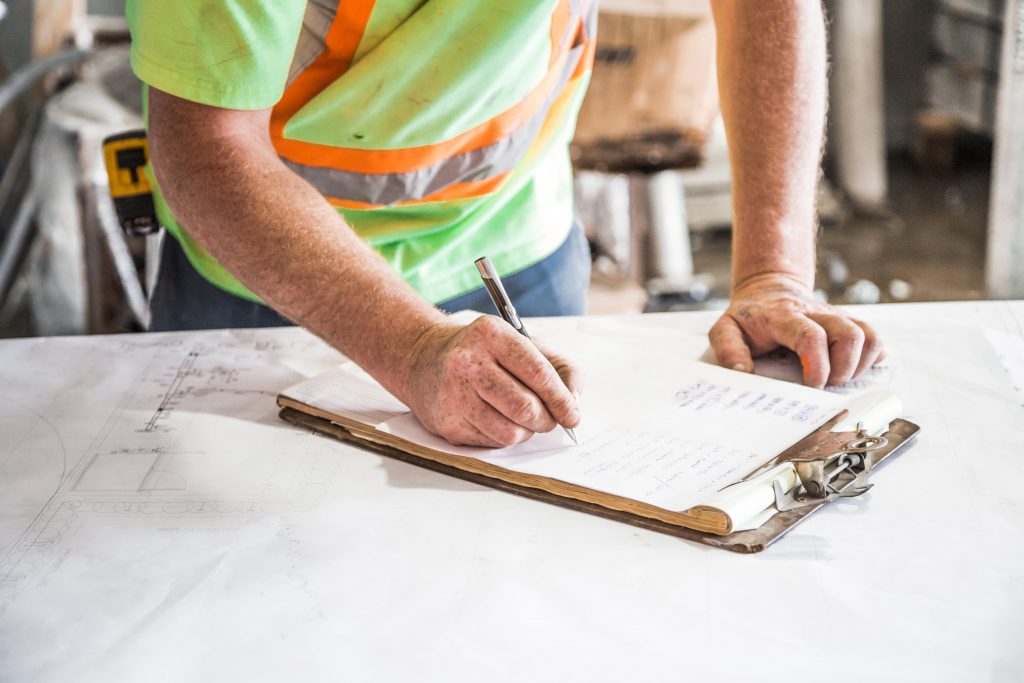
4. Understand Local Regulations and Zoning Requirements
Every municipality has its own zoning laws, building codes, and permitting processes. Before committing to a site or design:
- Verify that your planned use complies with local zoning.
- Understand any restrictions on building height, signage, parking, etc.
- Start permit applications early—some approvals can take weeks or months.
A contractor who knows the local landscape can help you navigate this step and avoid costly delays or rework.
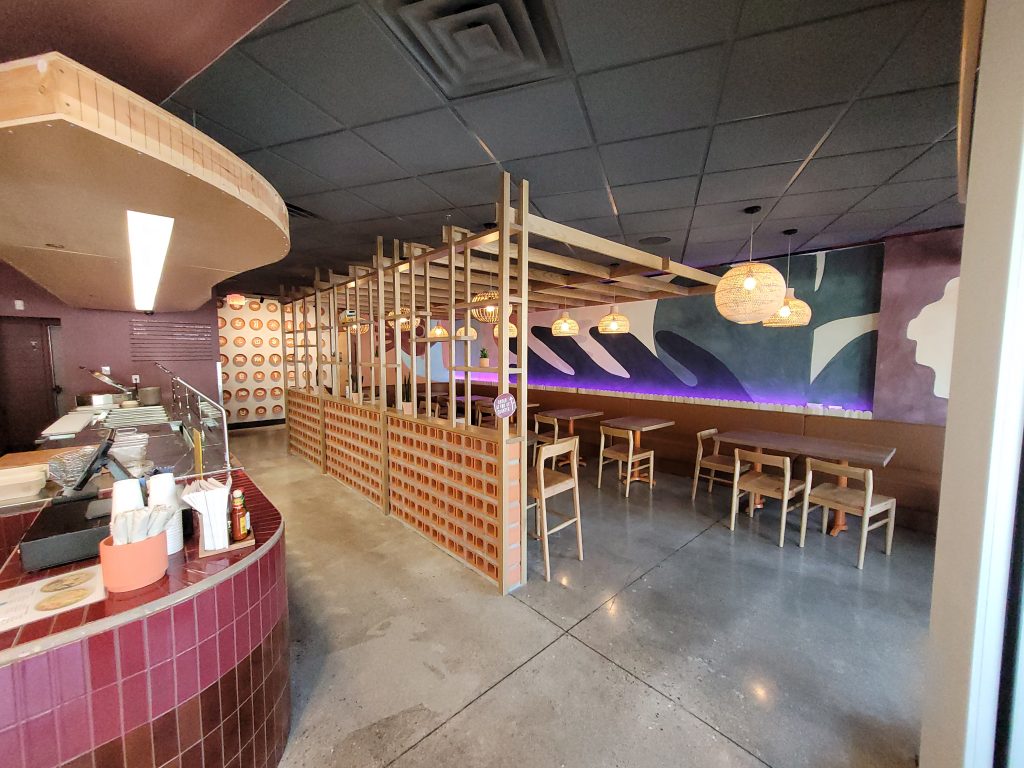
HWY1 Restaurant – Madison, WI
5. Don’t Underestimate the Timeline
Commercial construction isn’t something that happens overnight. From design and permitting to construction and final inspections, builds often take several months to a year or more, depending on scope and complexity.
Have a realistic timeline in mind and build in buffer time for weather delays, supply chain issues, or unforeseen changes. The more flexible your schedule is, the less stress you’ll have when the unexpected comes up (and it almost always does).
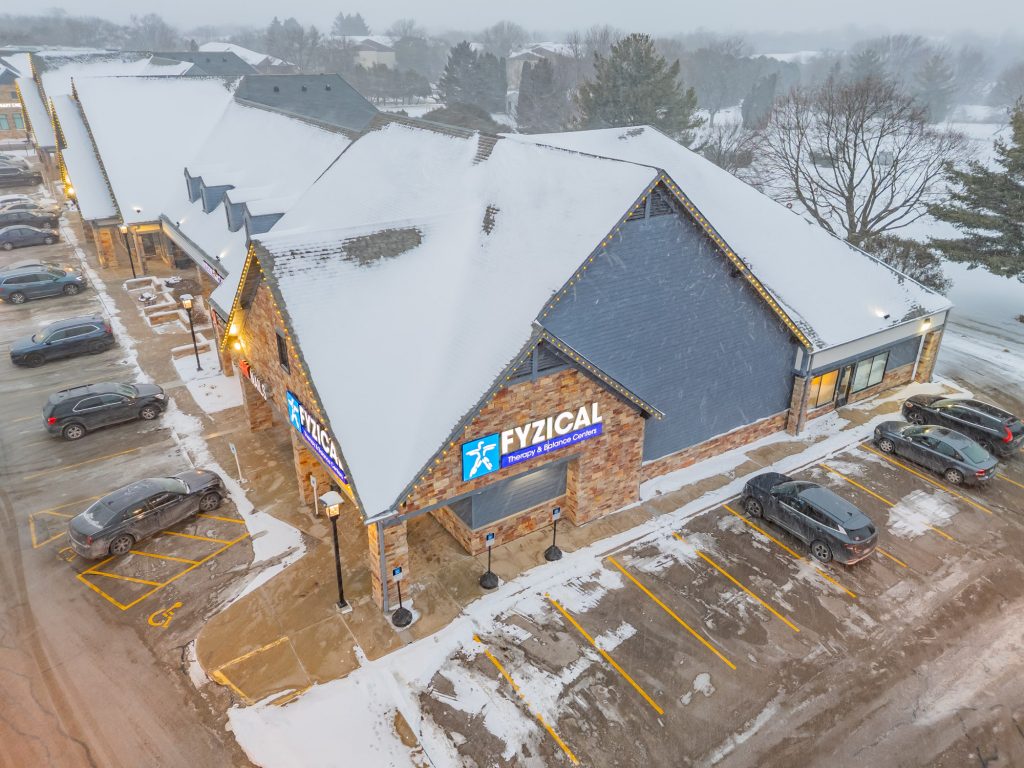
Fyzical Therapy & Balance Center – Madison, WI
6. Think Long-Term from the Start
It’s easy to focus on getting the project done—but smart business owners think ahead. Consider:
- Future expansion: Can the space grow with your business?
- Maintenance: Are you choosing materials and systems that are durable and efficient?
- Sustainability: Would energy-efficient features or solar make sense for your operation?
Making strategic choices during design and construction can pay off in the long run through lower operating costs and increased value.
7. Communication is Everything
A successful commercial build hinges on clear, consistent communication between all parties: owner, builder, architect, and subcontractors. Regular progress updates, transparent change orders, and a well-organized timeline help keep everyone on the same page.
Make sure you know who your main point of contact is, and don’t hesitate to ask questions or voice concerns. Good communication builds trust – and a better building.
Final Thoughts
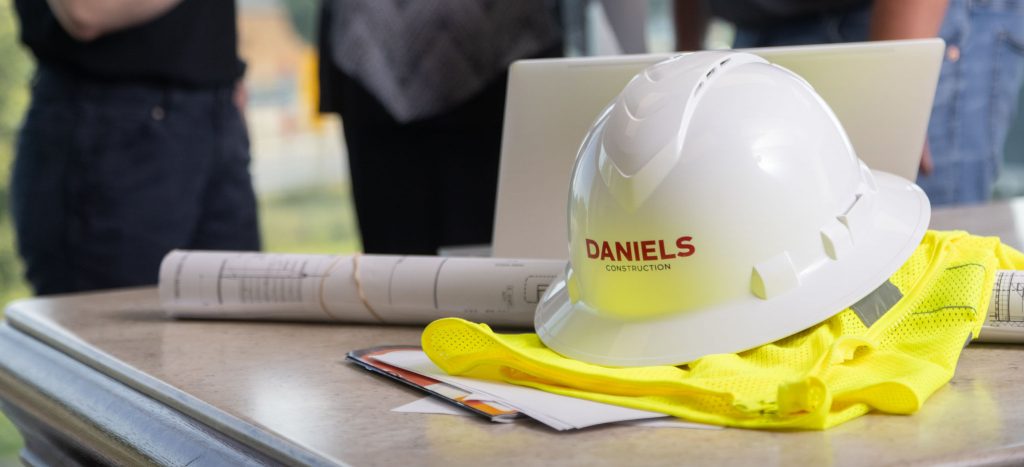
Starting a commercial build can feel overwhelming, but with the right preparation and team, it can also be an exciting and rewarding journey. At Daniels Construction, we’ve helped dozens of Southern Wisconsin businesses bring their visions to life with quality construction, honest advice, and a down-to-earth approach.
If you’re thinking about your next commercial project, let’s talk. We’re happy to walk you through the process and help you take the first steps with confidence.